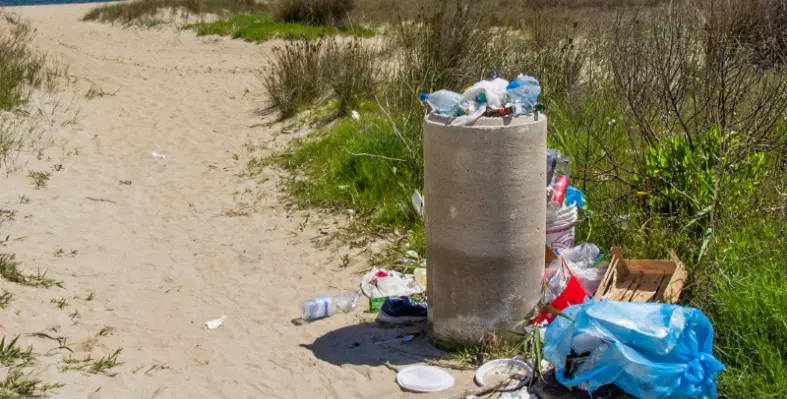Fuelre4m has introduced a new product called Styrex, which can revolutionise how we manage and repurpose polystyrene waste.
The company has said that it is already in discussions with leading global businesses, and the interest is significant, demonstrating the urgent demand for a solution like Styrex.
Global emergency
Polystyrene, commonly referred to as Styrofoam, has become a significant environmental hazard due to its persistence as a pollutant. Annually, around 14 million tons of polystyrene waste are produced globally, but the recycling rate remains alarmingly low. This non-biodegradable material can take up to 500 years to break down, leading to overflowing landfills and severe ocean pollution. It poses a significant risk to marine life, with approximately 1 million marine animals dying each year as a result of plastic pollution, including polystyrene. Shockingly, polystyrene makes up about 30% of the global landfill volume, highlighting the urgent need for a groundbreaking waste management solution.
A viable solution
Styrex is the first and only solution capable of effectively addressing the polystyrene waste crisis. Utilising state-of-the-art nanotechnology, Styrex converts polystyrene into a valuable, sustainable resin, representing a major breakthrough in waste management. With the UAE set to lead the way in adopting this innovative technology, the potential for both national and global environmental change is substantial.
In this cutting-edge process, polystyrene waste is carefully collected and prepared for transformation. The advanced nanotechnology involved deflates and reduces the hydrocarbon chains of polystyrene, converting it into a high-value resin. The material is then compressed to 1/50th of its original size, creating a solid, sustainable fuel.
"Styrex is not just a product; it is a revolutionary leap forward in solving one of the most critical environmental crises we face today," said Rob Mortimer, Founder, and CEO of Fuelre4m. "This isn’t just about offering a solution; this problem shouldn’t even exist anymore! It is imperative that everyone on the planet recognises their responsibility to tackle this issue. Our technology does more than just manage waste; it transforms it into a resource that can lead us to a cleaner, more sustainable future. The real issue is when people choose worse alternatives instead of embracing what works.”








